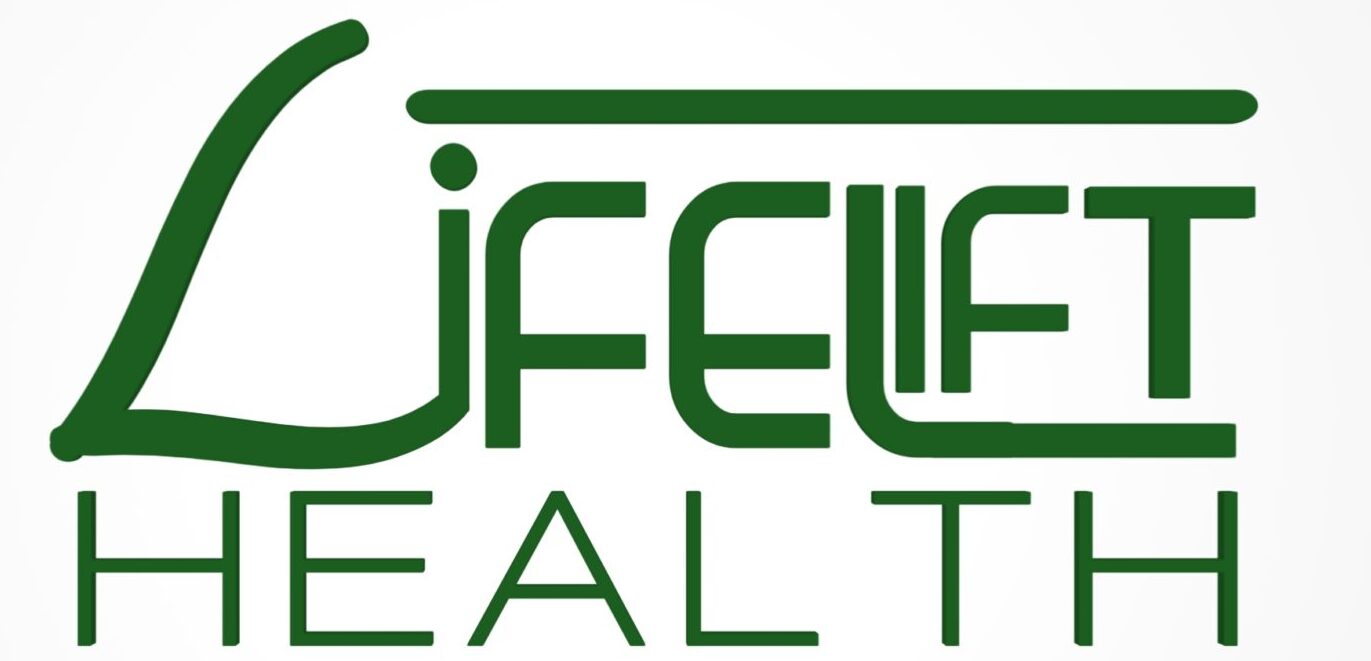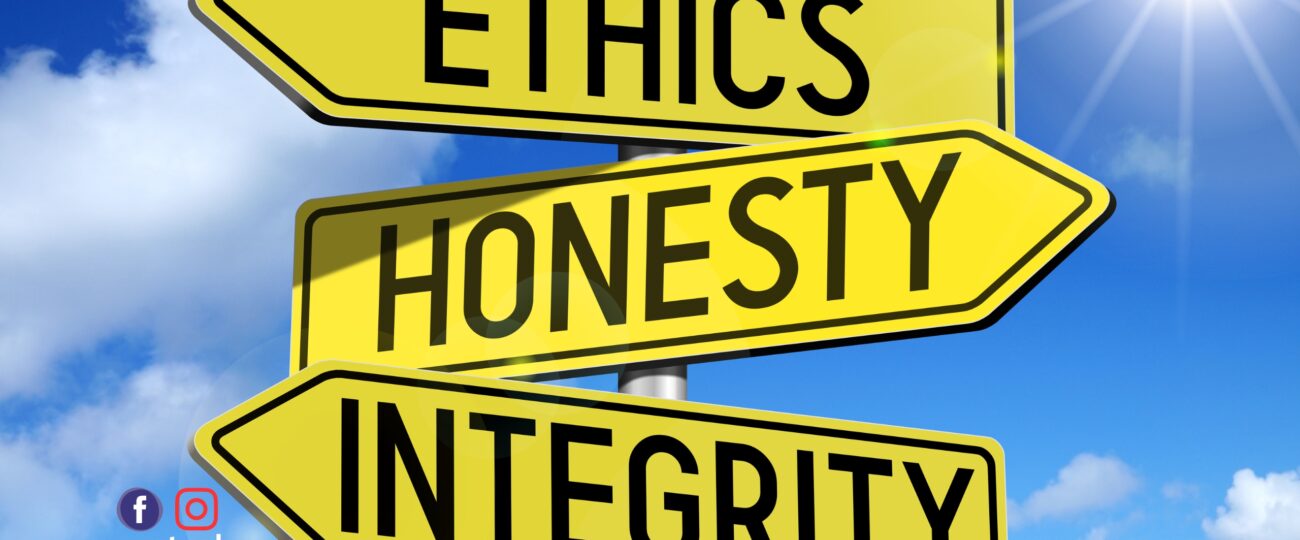Introduction to Health Communication
Health communication is the cornerstone of effective healthcare. Whether it’s a doctor explaining a diagnosis or a public health campaign promoting vaccination, the way information is shared can significantly impact patient outcomes. But what happens when ethical challenges arise?
Importance of Effective Communication in Healthcare
Good communication fosters trust and collaboration between patients and providers. It ensures that patients understand their treatment options, enabling them to make informed decisions.
Core Principles of Health Communication
Honesty, empathy, and clarity are essential principles in health communication. These principles form the foundation of ethical practice, ensuring that patients receive accurate and respectful care.
Why Ethics Matter in Health Communication
Building Trust in Healthcare Relationships
Trust is vital in healthcare. Patients need to believe that their providers have their best interests at heart. Ethical communication strengthens this trust, paving the way for better patient-provider relationships.
The Role of Moral Responsibility in Communication
Healthcare providers bear a moral responsibility to communicate honestly while considering the emotional and cultural sensitivities of their patients.
Key Ethical Challenges in Health Communication
Privacy and Confidentiality
The Importance of Protecting Patient Data
Patients share sensitive information with their providers, expecting confidentiality. Breaches can lead to mistrust and harm, making privacy a cornerstone of ethical communication.
Breaches in Confidentiality and Their Impact
Unethical sharing of patient information, whether intentional or accidental, can result in legal repercussions and damage the reputation of healthcare institutions.

Informed Consent
Ensuring Patients Are Fully Educated
Patients have the right to understand their medical conditions and treatment options. This empowers them to make informed choices about their care.
Common Pitfalls in Obtaining Informed Consent
Failing to use plain language or rushing through explanations can leave patients confused, undermining the consent process.
Cultural Sensitivity
Addressing Diverse Cultural Perspectives
Ethical communication requires an understanding of patients’ cultural beliefs and practices. This ensures respect and minimizes potential conflicts.
Overcoming Language Barriers
Using interpreters or multilingual resources helps bridge communication gaps, ensuring that patients receive accurate and respectful care.
Misinformation in Health Communication
Identifying and Combating False Information
The spread of misinformation, especially during health crises, poses significant challenges. Healthcare providers must actively debunk myths and provide accurate information.
The Role of Social Media in Spreading Misinformation
Social media can amplify false claims, making it essential for health communicators to monitor and address these issues promptly.

Navigating Ethical Dilemmas
Balancing Transparency and Sensitivity
Delivering Bad News with Compassion
Sharing difficult information requires empathy and tact. Providers must balance honesty with the emotional well-being of their patients.
Managing Conflicts of Interest
Ethical Guidelines for Healthcare Providers
Healthcare providers must disclose potential conflicts of interest to maintain trust and transparency in their communications.
Solutions to Ethical Challenges
Adopting Ethical Frameworks
The Role of Professional Codes of Ethics
Codes of ethics provide a roadmap for handling communication challenges, promoting consistency and accountability.
Case Studies of Successful Ethical Communication
Learning from real-world examples highlights the importance of ethical practices and their positive outcomes.

Leveraging Technology Responsibly
Ensuring Security in Digital Health Communication
Secure platforms for telemedicine and digital record-keeping are essential to protect patient data in the digital age.
Using AI Ethically in Healthcare
AI can enhance communication but must be used responsibly to avoid biases and errors.
Educating Healthcare Professionals
Importance of Ethics Training
Training healthcare providers in ethical communication is crucial for fostering trust and professionalism.
Continuous Professional Development
Ongoing education ensures that healthcare professionals stay updated on best practices and evolving ethical standards.
Conclusion
Ethical health communication is vital for building trust, respecting patient rights, and promoting better health outcomes. By addressing privacy concerns, combating misinformation, and prioritizing cultural sensitivity, healthcare providers can navigate ethical challenges effectively. The future of health communication lies in embracing technology responsibly, adhering to professional standards, and fostering a culture of ethical practice.
FAQs
- What is the significance of ethics in health communication?
Ethics ensures trust, transparency, and respect in healthcare relationships, leading to better patient outcomes. - How can healthcare providers ensure patient confidentiality?
By following strict data protection policies, using secure platforms, and training staff in privacy practices. - Why is cultural sensitivity critical in health communication?
It respects patients’ beliefs and promotes understanding, ensuring equitable and respectful care. - What steps can be taken to combat misinformation in healthcare?
Active monitoring, public education, and providing accurate information through trusted channels. - How can technology improve ethical health communication?
By offering secure and efficient platforms for communication while adhering to privacy and ethical guidelines.

